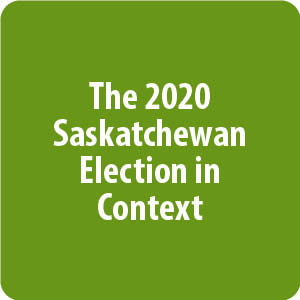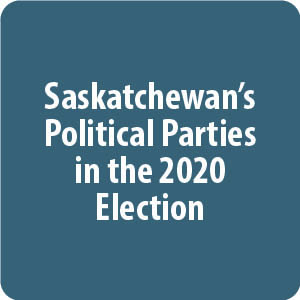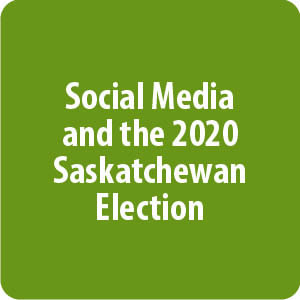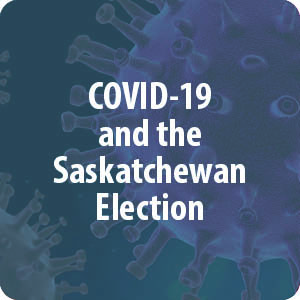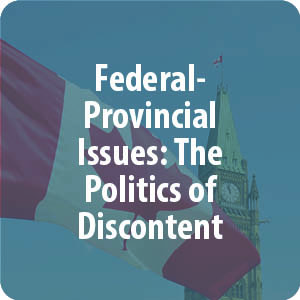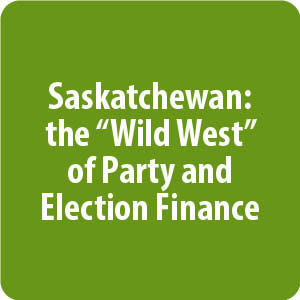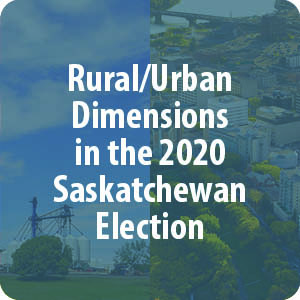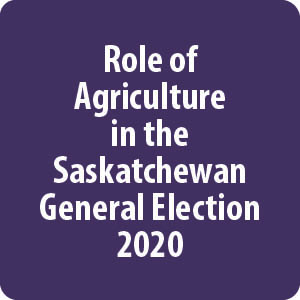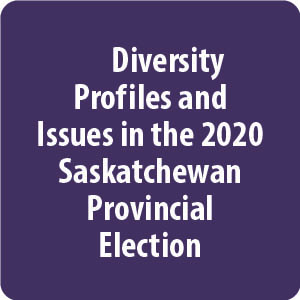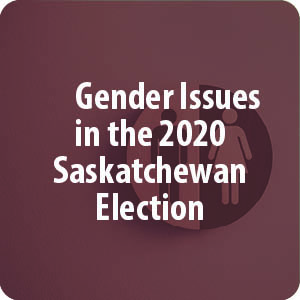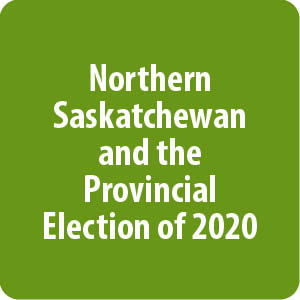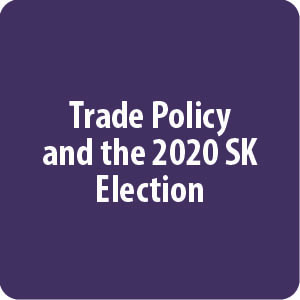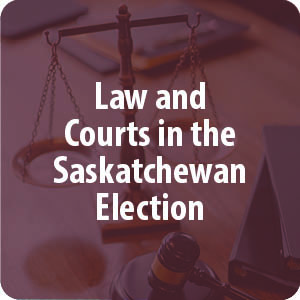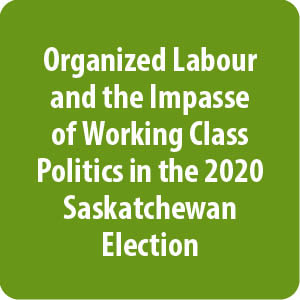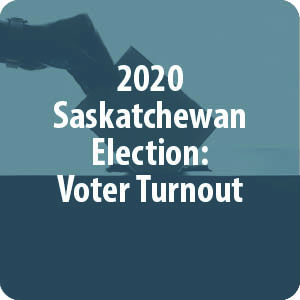The Saskatchewan Election: A 2020 Perspective e-book is a compilation of individual chapters authored by those in academia, industry and media, on issues that were and are important to residents leading up to and after the 2020 provincial election. From election finances, to issues of gender and diversity, to COVID-19, the e-book provides a record of how these issues contributed to this year's election outcomes.
Contributions to this year's e-book were submitted by individuals from the University of Regina, University of Saskatchewan, First Nations University of Canada, University of British Columbia, University of Manitoba, University of Toronto, Regina Leader-Post/Saskatoon Star Phoenix, Western Producer, and the Saskatchewan Chamber of Commerce.
This e-book has been dedicated to our colleague, Joe Garcea, whose contribution to our understanding of local, provincial and federal politics has been outstanding.
Foreword ~ Mandates and the Eight Most Powerful Words in Politics
By BRAD WALL, former Premier of Saskatchewan
‘They did what they said they would do.’ I am not sure there is any statement more salutary for a political party.
Those who voted for that party have their bias confirmed by each promise kept, and even many of those who voted another way will give credit, if not for the promise itself, then for the integrity and the earnestness. For a political party or leader to earn that brand is an achievement that invariably widens the base of support; it also has staying power.
This is not to suggest that mandates are the same as or constituted only of the platforms and promises made by parties in election campaigns. Considering that voters often make that conflation, however, it must be considered here first.
It is my view that the public, as a general rule, would see the platform presented by a successful party in an election campaign as the party’s mandate. I think that most of the venerated authors of this compendium would agree that this is not at all unreasonable. It is equally true that the platform and promises presented during the election would also be viewed by their authors and presenters as the essential core of the party’s mandate.
That is certainly how I and my colleagues felt about our platform and our promises made in the run up to the Saskatchewan general election of November 7, 2007; we considered them our mandate.
Indeed, we decided to convene a media scrum the day after the election to announce our first promise kept—a pre-set Election Day. A few days later, we held the first caucus meeting of the new government, and I distributed again our platform document to each MLA. I offered something like “some people in Saskatchewan will be wondering …well, what now? What are they going to do now? Well, let me be clear (as I brandished our platform). We are going to do this!”
We did consider the election results—38 of 58 seats and 51 per cent of the popular vote—to be a mandate to implement that platform. In fact, we fully expected to be judged against its timely fulfillment.
There were elements of the mandate that came from beyond that platform, as there are for every newly elected or re-elected government. External events, such as an attempted potash takeover, for example, or some development in federal provincial relations, or a pandemic, can never be anticipated by a platform.
That mandate to meet those unanticipated challenges, to make those decisions, stems from the publicly communicated principles of the party, policy statements and resolutions, and yes, the actual election result itself.
When it was all said and done and the first four years had flown by, we still talked about that platform, those promises, and the mandate. And hoped, as every government hopes, it could be at least said of us that ‘they did what they said they would do.’


